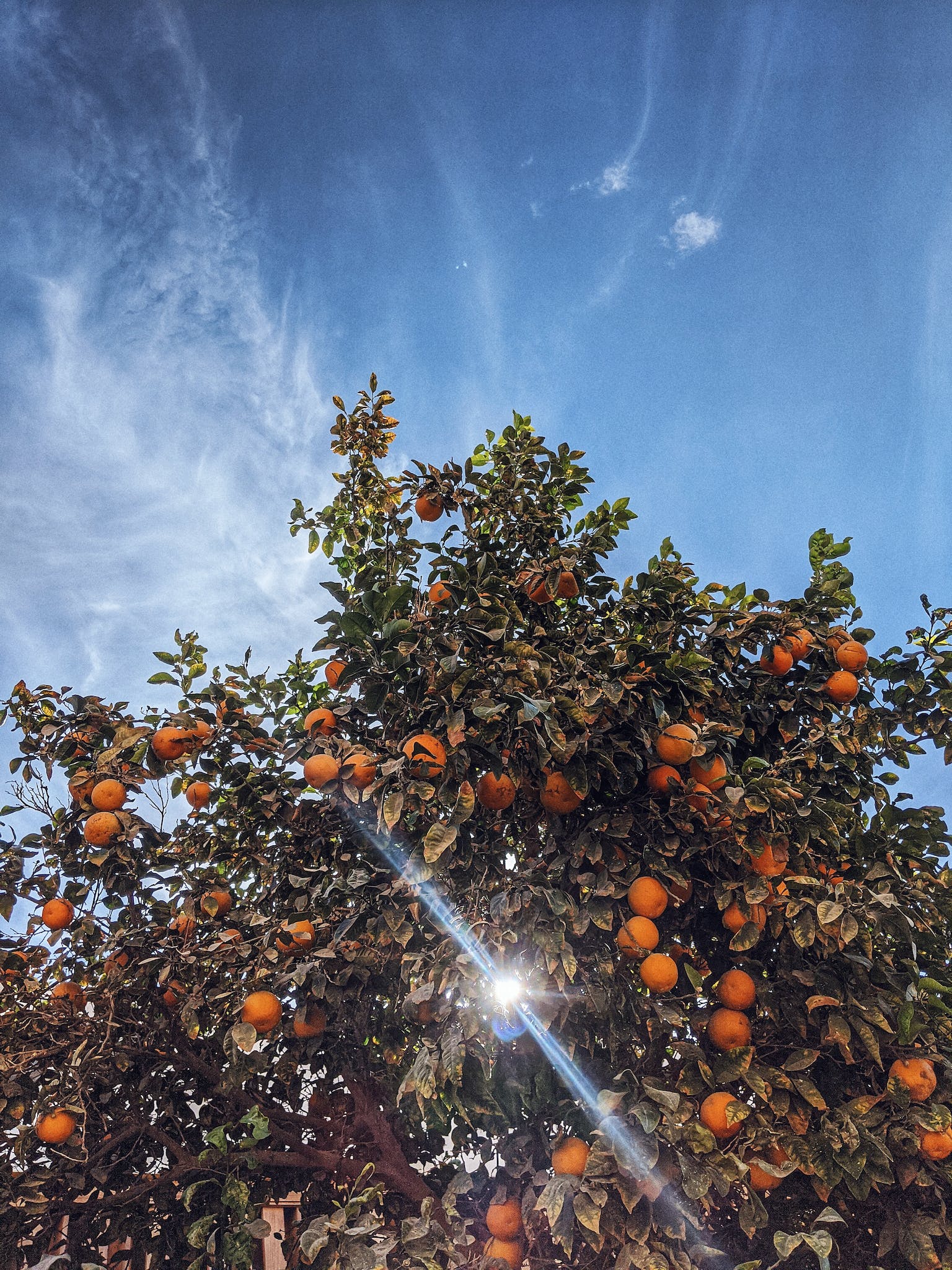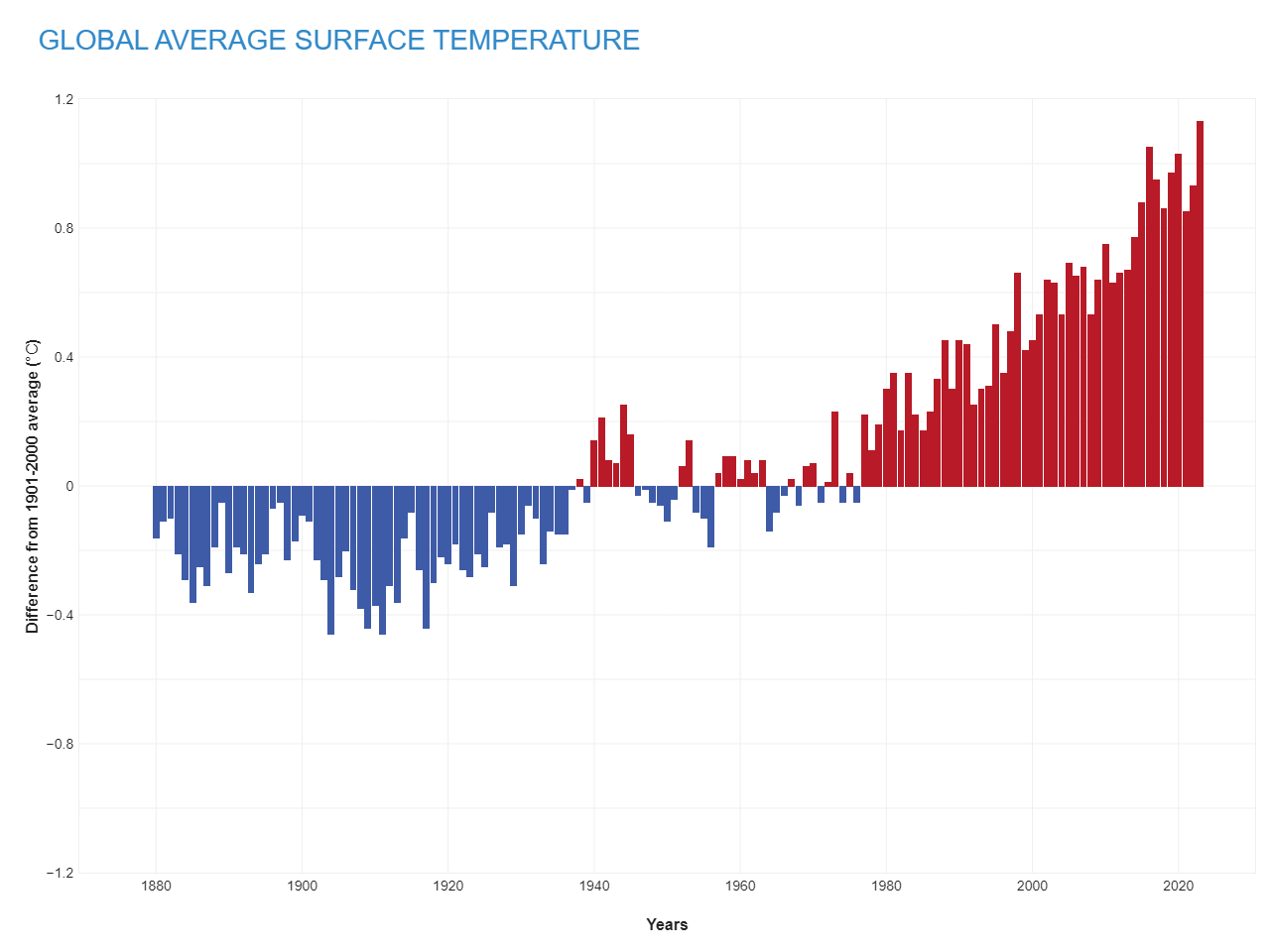How the Climate Crisis Could Ruin America’s Favorite Holiday Foods

Close to 200 million people are likely to experience worsening food insecurity in a world with average temperatures 2 degrees C above normal. At 4 degrees warmer, 1.8 billion people could experience worse access to food – according to non-profit hunger relief organization UN World Food Programme (WFP).
As of this year, the global average surface temperature of the Earth has risen by 1.13 degrees C, or 2.03 degrees F, above what was normal during the pre-industrial era between 1880-1900. According to NOAA, the pace of global warming has more than doubled since 1981.

While the climate crisis is one of the primary drivers of global hunger, the typical U.S. resident is not likely to connect an experience of food insecurity with the climate crisis.
A recent survey by WFP found only half of people agree climate change is a driver of hunger. In another survey of public opinions in the United States from 2021 by the Yale Program on Climate Change Communication, a similar proportion of Americans (54%) said they have not personally experienced the effects of global warming.
The truth is everyone has experienced the effects of global warming and the climate crisis, and increasingly these experiences happen at the grocery store in the form of price shock and new challenges finding certain foods.
For example, the price of orange juice reached an all-time high in October this year largely due to Florida orange producers getting slammed by a succession of disasters last year – all made more likely by climate change.
The state bore the brunt of Hurricanes Ian and Nicole, then freezing temperatures caused widespread damage across the Sunshine state. The only disaster that could be worse for Florida’s citrus industry happened next: an outbreak of the bacterial disease known as citrus greening – a long-standing and serious threat to U.S. citrus production for the past 20 years – worsened and devastated orange trees throughout the state around the same time. The disease is caused by the citrus psyllid, an invasive insect. Climate shifts can open new pathways for any biological invasion.
More from ClimateCrisis 247
- New China AI Data Centers Beat US Cooling
- New York Could Push Hurricane Insurance Losses 50% Higher.
- Dust Storm Triggers Las Vegas Blackout
- Fire Smoke Damages Immune System






